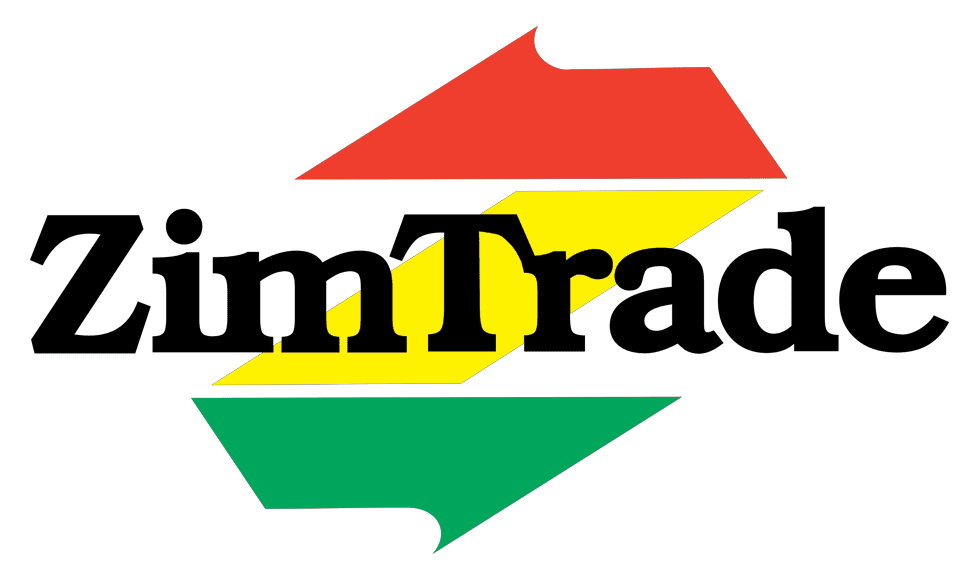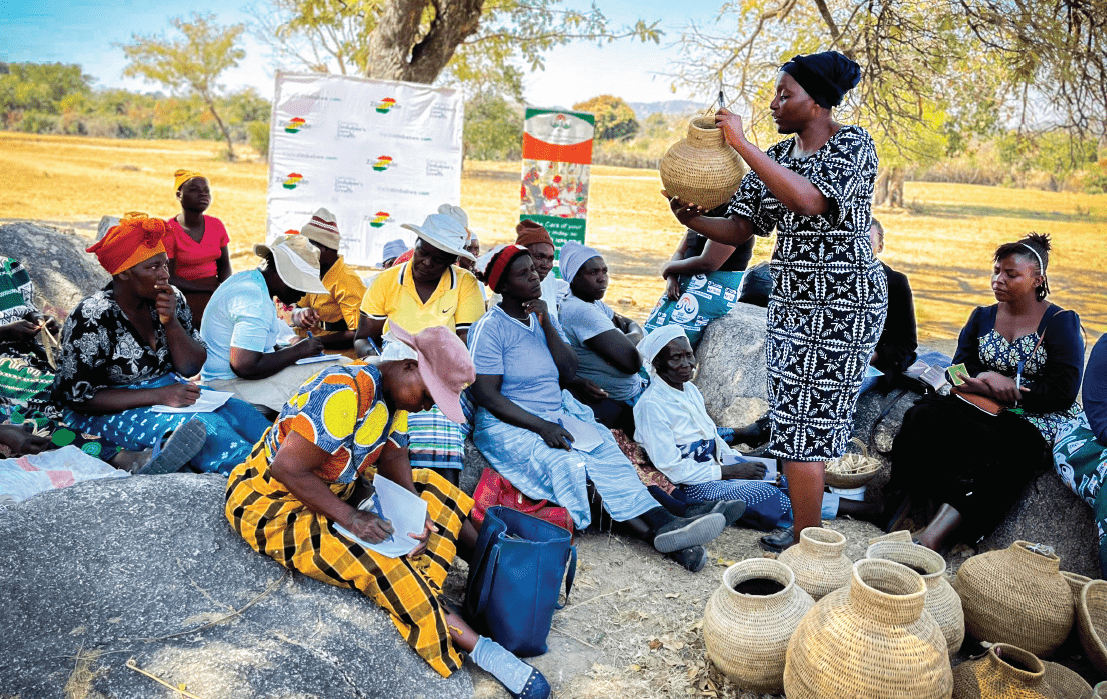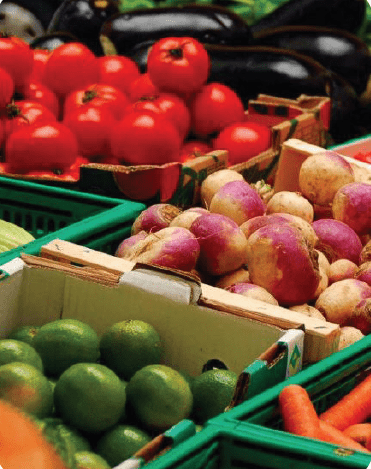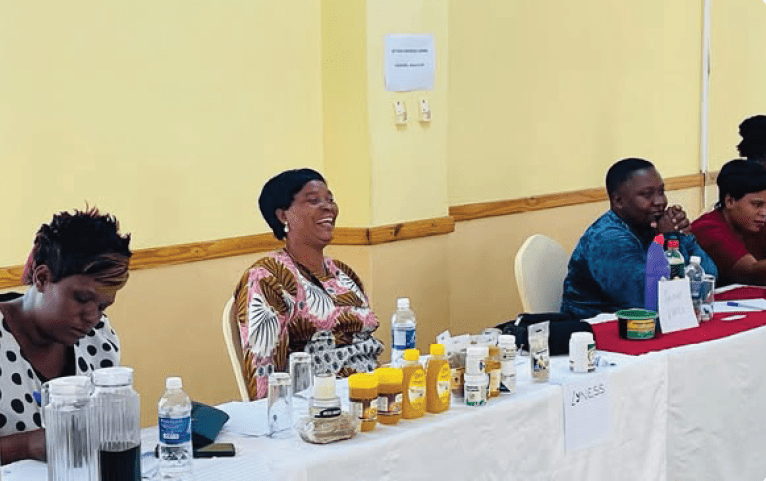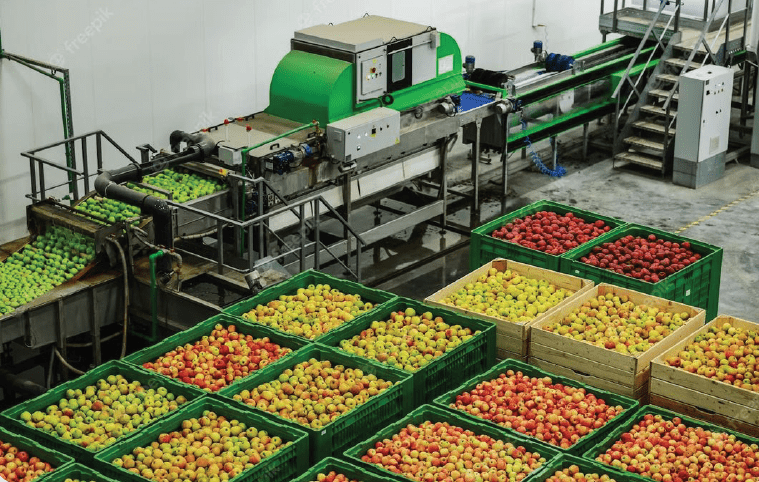By Nozipho Maphala (Opinion)
IN TODAY’S competitive market, delivering quality products and building a strong brand are essential for growth.
For Zimbabwean businesses aiming to expand into exports, technical intervention programs have now become one of the most powerful tools for unlocking new opportunities and standing out in a highly competitive export environment.
Expert guidance can make a significant difference, helping businesses not only meet local expectations but also to access international markets.
ZimTrade connects businesses with trusted technical experts both locally and abroad, guiding them to enhance production, meet international standards, and grow competitively.
The technical assistance provided through ZimTrade, and its partners can cover any area of export business, from product development and production processes to branding and compliance with international standards among many others.
Unique brands
For example, in 2023, with support from ZimTrade, the Matabeleland North Handicrafts Cluster worked with a design expert from the Netherlands-based organisation PUM, learning how to use traditional techniques to create new products that appeal to diverse global markets.
This has seen the group grow sales by more than 100 percent between sales recorded in 2024 and those recorded in the first half of 2025.
These results come from putting into practice the knowledge and recommendations provided during the technical intervention
One of the key benefits of technical intervention assistance has been the focus on improving product quality, extending well beyond basic functionality.
Experts work with businesses to evaluate materials, refine designs, and enhance durability, ensuring that products meet the highest international standards.
For example, the Matabeleland North Handicrafts Cluster applied these principles to their woven baskets, introducing stronger weaving techniques, incorporating complementary materials like beads and leather, and standardizing sizes and finishes.
These improvements not only increased the baskets’ visual appeal but also made them more durable and export-ready for demanding markets such as Spain, Italy, Germany and Greece.
A strong, memorable brand sets a business apart and guidance in brand positioning, messaging, and visual design helps businesses create an identity that resonates with customers.
For the Matabeleland North Handicrafts Cluster, branding support enabled artisans to develop a unified identity for their products, making them easily recognisable in international markets.
Advice on logo creation, packaging, and consistent visual elements allowed the cluster to present their baskets, and home décor items as part of a cohesive and professional collection with a strong and recognisable online presence.
This stronger brand presence drew new buyers from international markets, raised the cluster’s profile at trade exhibitions such as ZITF 2025, where they secured new orders, and strengthened artisans’ confidence in showcasing their work on digital platforms.
With a cohesive brand identity, individual craft pieces now tell a compelling story that resonates with customers and drives sustainable export growth.
Scaling production
China remains Europe’s largest supplier of home décor, handicrafts, and textiles (HDHT), but its dominance is gradually declining.
The country’s highly mechanised, large-scale production systems, along with ready access to raw materials, particularly man-made fibers, have made it a strong competitor in the market.
To this end for local producers, efficient production is therefore essential for scaling operations and maintaining quality, and technical support helps businesses identify bottlenecks, reduce waste, and adopt best practices tailored to their operations.
For the Matabeleland North Handicrafts Cluster, this involved reorganising weaving schedules, setting up community-based work hubs, and standardising processes across different artisans.
These improvements allowed the cluster to produce consistently high-quality products, meet export demand on time, and manage costs effectively, laying the foundation for sustainable growth.
Meeting standards
Competing in global markets requires products that meet international quality and safety standards.
Technical support guides businesses in understanding regulations and implementing practices that ensure compliance.
The Matabeleland North Handicrafts Cluster, learnt to adjust designs and production methods so woven baskets, hats, and décor items met the expectations of European buyers.
This meant switching from some of the materials used to other more environmentally friendly materials.
Ensuring products adhere to these standards not only opens doors to new export opportunities but also builds credibility and trust with customers worldwide.
The experience of the Matabeleland North Handicrafts Cluster demonstrates the remarkable results that can be achieved when technical interventions are embraced.
For companies across Zimbabwe, such support offers more than an opportunity to improve, but also provides a clear pathway to scaling operations, achieving sustainability, and competing successfully in international markets.
Boxed: To apply for technical intervention assistance, contact any of the ZimTrade offices.
